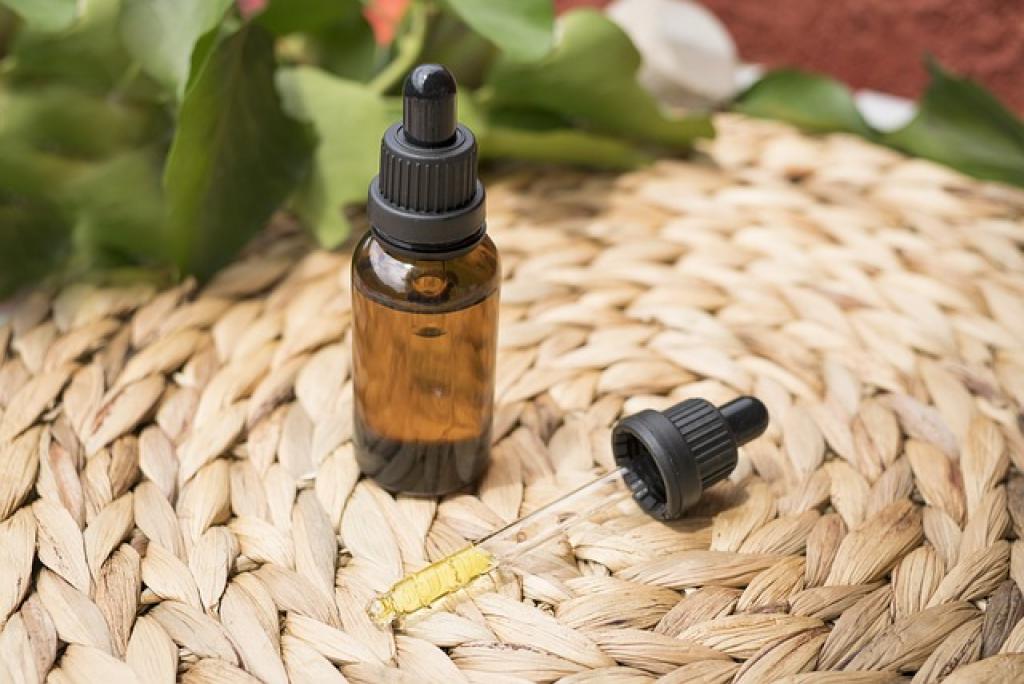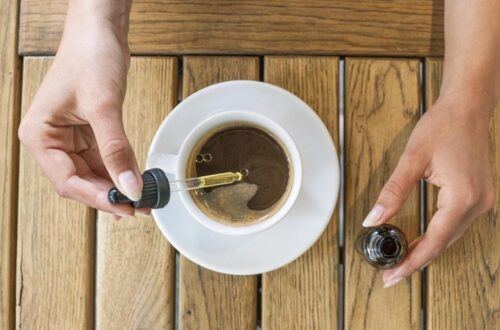CBD seems to be everywhere these days, from your neighbor’s pantry to your favorite influencer’s Instagram feed. The claims are impressive: better sleep, less anxiety, and even relief from chronic pain. With all the hype, it’s easy to believe that CBD is a one-stop shop for all your health woes.
But is it really a miracle cure, or just another overhyped trend?
Before you invest your hopes and money into this wonder supplement, it’s important to sift through the noise and understand what CBD can actually do for you, and perhaps more importantly, what it can’t. Let’s dive into the science behind CBD and separate fact from fiction. You might be surprised by what you discover.
The Factual Basis Behind CBD Claims
CBD, short for cannabidiol, is a compound found in cannabis plants. Unlike its cousin THC, CBD doesn’t get you high. Instead, it’s been touted for a range of health benefits, but what does science actually say?
Some studies suggest that CBD may help with certain types of epilepsy, leading the FDA to approve a CBD-based drug called Epidiolex. This is a huge win for those with severe forms of epilepsy.
For anxiety and sleep, preliminary research shows that CBD might help some people feel more relaxed and less stressed. However, these studies are often small and short-term, so more research is needed.
When it comes to pain relief, there’s evidence that CBD can reduce inflammation and neuropathic pain in some cases. Yet, these findings are mostly based on animal studies and small human trials.
What’s clear is that CBD has potential, but it’s not a magic bullet. It’s important to keep expectations realistic and stay informed by looking at credible sources and scientific research.
Debunking Popular Myths About CBD
With all the buzz around CBD, it’s easy for myths and misconceptions to spread. Let’s set the record straight on some of the most common ones.
Myth 1: CBD Gets You High
One of the biggest myths is that CBD can get you high like THC. The truth? It can’t. While both compounds come from cannabis, CBD is non-psychoactive. That means it doesn’t produce the euphoric feeling that THC does.
Myth 2: More CBD is Always Better
Another myth is that more CBD means better results. This isn’t necessarily true. The right dosage can vary greatly depending on personal factors like body weight and the condition being treated. It’s often about finding the balance rather than just taking more.
A lot of people also believe that CBD works instantly. While some may feel effects quickly, for others it may take time. Consistency is key, so give it a little patience before deciding if it works for you.
Lastly, there’s the idea that CBD is a cure-all. While promising, CBD is not a panacea. It might help with some conditions, but it won’t solve everything. Staying realistic and informed will go a long way.
Scientific Studies on CBD Efficacy
The science behind CBD is growing fast, and numerous studies have started shedding light on its potential benefits.
Pain and Inflammation
Several studies suggest that CBD can help with pain and inflammation. It’s believed to interact with receptors in our body that influence pain and inflammation. For instance, a 2018 review highlighted its potential in chronic pain management, especially for conditions like arthritis.
Anxiety and Depression
CBD is also being studied for its effects on mental health. Research has shown encouraging results for anxiety and depression. A well-known study from 2019 found that CBD could reduce anxiety levels in teens with social anxiety disorder, improving their quality of life.
Epilepsy
One of the most well-documented uses of CBD is in treating epilepsy. The FDA even approved a CBD-based medication called Epidiolex for certain types of epilepsy. Multiple clinical trials demonstrated its efficacy in reducing seizure frequency in patients.
Sleep Disorders
Emerging studies are also looking into CBD’s role in improving sleep. Some research suggests that CBD may help with insomnia and other sleep disorders by addressing their underlying causes such as anxiety or pain.
While more research is needed to fully understand CBD’s capabilities, the current studies are promising. They offer a glimpse into what CBD might achieve and pave the way for future discoveries.
Understanding the Placebo Effect in CBD Use
When it comes to CBD, the placebo effect might play a bigger role than you’d think. The placebo effect occurs when people experience real changes in their symptoms simply because they believe they’re taking an effective treatment, even if it has no therapeutic value.
In the world of CBD, this can complicate things. Some studies have shown that people report improvements in their conditions even when they were given a placebo. This indicates that mindset and expectations can significantly influence perceived benefits.
It’s essential to consider the placebo effect when evaluating CBD’s effectiveness. Clinical trials that compare CBD to a placebo help us understand its true impact beyond just belief. However, the strong placebo response also speaks to the powerful connection between mind and body.
Even with the placebo effect, many users still find relief with CBD. Whether it’s solely due to the compound itself or partly because of the mind’s influence, the benefits can still be very real for those experiencing them.
Regulatory Challenges in CBD Marketing
Navigating the world of CBD marketing can be a real headache due to the maze of regulations that vary widely from place to place. While CBD derived from hemp is legal at the federal level in the U.S., thanks to the 2018 Farm Bill, the rules can differ dramatically between states.
One major challenge is the lack of clear guidelines from the FDA. The FDA has not yet fully approved CBD products for most uses, which leaves a gray area for marketing claims. Companies must be cautious to avoid making unverified health claims, which can lead to significant penalties and product seizures.
Additionally, advertising platforms like Google and Facebook have strict policies that limit how CBD products can be promoted. This makes it harder for companies to reach their audience and requires creative marketing strategies to stay within the rules while effectively promoting their products.
The ever-evolving landscape of CBD regulations means companies need to stay up-to-date and agile. What’s allowed today might change tomorrow, so keeping an eye on the latest legal developments is crucial for anyone in the CBD space.

Considering Individual Responses to CBD
Everyone’s body reacts to CBD differently, which makes recommending the right dose a bit tricky. Some people might feel the effects with just a small amount, while others may require a larger dose to experience any benefits.
Factors like age, weight, metabolism, and even individual body chemistry play a role in how CBD affects someone. This variability means it’s essential to start with a low dose and gradually increase until you find what works best for you.
Also, the form of CBD you take—whether it’s oil, gummies, capsules, or topical creams—can change how quickly and effectively it works. Some methods might give quick relief, while others might take longer to have an effect but last longer.
Because there’s no one-size-fits-all approach, it’s a good idea to consult with a healthcare provider who understands CBD. They can help guide you toward the best dosage and form for your specific needs. Always remember, what works wonders for one person might not have the same result for another.
The Bottom Line on CBD’s Role As a “Miracle Cure”
So, what’s the final take on CBD? It’s clear that CBD holds a lot of potential. From easing anxiety and pain to improving sleep, the benefits people experience are hard to ignore. Yet, calling it a “miracle cure” may be a bit of a stretch.
CBD’s efficacy varies from person to person. While it’s helped many, it’s not guaranteed to work for everyone, and the science is still catching up. More research is needed to fully understand how CBD works and all the conditions it might help.
What we do know is that CBD is generally safe and well-tolerated. It’s a natural option that many people find worth trying, especially for chronic conditions where traditional treatments haven’t worked. However, it’s essential to approach it with realistic expectations.
Remember, no supplement or treatment is one-size-fits-all. Consulting with a healthcare professional before starting CBD is always a smart move. They can help ensure it’s appropriate for you and guide you on how to use it effectively.
In summary, while CBD isn’t a guaranteed cure-all, it’s a promising option that’s helping many people lead more comfortable lives. Keep an open mind, stay informed, and talk to your doctor to see if CBD could be a beneficial addition to your wellness routine.






